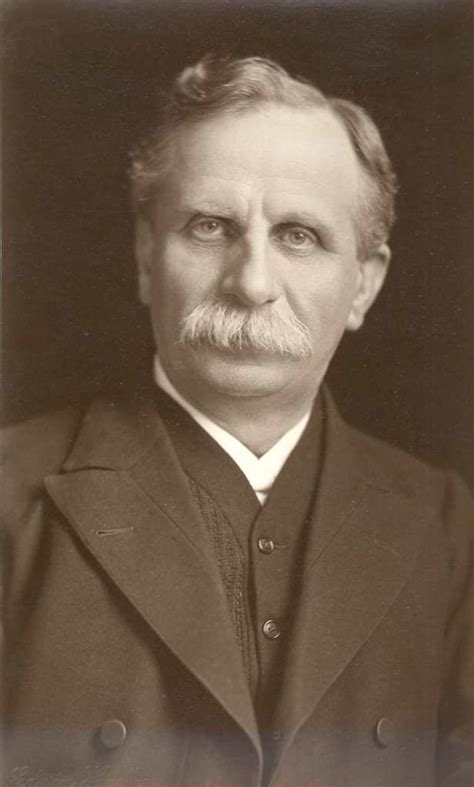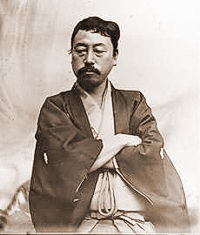A Quote by Jean Stapleton
Prejudice is an assortment of deceptively small personal judgments - deceptive because of their great cost in our daily lives.
Related Quotes
Ineffective people live day after day with unused potential. They experience synergy only in small, peripheral ways in their lives. But creative experiences can be produced regularly, consistently, almost daily in people's lives. It requires enormous personal security and openness and a spirit of adventure.
If we are paying attention to our lives, we'll recognise those defining moments. The challenge for so many of us is that we are so deep into daily distractions and 'being busy, busy' that we miss out on those moments and opportunities that - if jumped on - would get our careers and personal lives to a whole new level of wow.
The way we live our daily lives is what most effects the situation of the world. If we can change our daily lives, then we can change our governments and can change the world. Our president and governments are us. They reflect our lifestyle and our way of thinking. The way we hold a cup of tea, pick up the newspaper or even use toilet paper are directly related to peace.
Great potential for personal empowerment can be found in attending to our awareness of global problems and to our understanding of how they connect with each other and with our personal lives. The process of naming the danger, saying aloud that the threats to life on earth are real, moves us from the numbness of denial to the aliveness that makes action possible.
For life is an expression, our unconscious actions the constant betrayal of our innermost thought. Perhaps we reveal ourselves too much in small things because we have so little of the great to conceal. The tiny incidents of daily rouitine are as much a commentary of racial ideas as the highest flight of philosophy or poetry.
If a person is capable of rectifying his erroneous judgments in the light of new evidence he is not prejudiced. Prejudgments become prejudices only if they are reversible when exposed to new knowledge. A prejudice, unlike a simple misconception, is actively resistant to all evidence that would unseat it. We tend to grow emotional when a prejudice is threatened with contradiction. Thus the difference between ordinary prejudgments and prejudice is that one can discuss and rectify a prejudgment without emotional resistance.




































